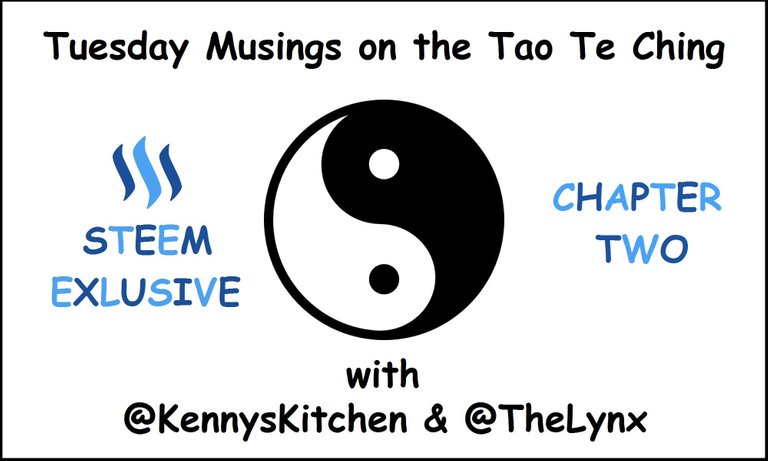
Welcome to the second installment of Tuesday Musings on the Tao Te Ching, with a weekly series where my partner @TheLynx & I will be taking a look at the Tao Te Ching (pronounced "Dao/Dow De/Day Jing"), one chapter at a time.
The Tao Te Ching was written by Laozi/Lao Tzu at least 2400 years ago. Although there are certainly a wide variety of texts and teachers that have come together to form the basis of modern Taoism, the original Tao Te Ching is central. It's been translated hundreds of times, and it is certainly one of the most influential spiritual texts of modern humanity.
To be perfectly clear, neither of us is an "expert" on the Tao, or even consider ourselves Taoist, and we are not trying to come across as any sort of authority figures. Just two humans meditating on the text and sharing what comes up for us, hopefully starting a conversation with you folks!
The most difficult part of setting this up is picking which translation of the Tao Te Ching to use, since obviously it wasn't written in English, and we can't read classical (or any other version) of Chinese. We've finally settled on using just 9 different translations for each chapter. 7 of them (and the original Chinese) will be included as a screenshot (from 2 sites that each offer a variety), while the other two will be included as quotes in the text body of the posts.
- YellowBridge - Original Chinese & 3 translations:
- TranslationComparison - 4 translations:
- DC Lau (1964)
- Ursula K. Le Guin (1997)
After showing @TheLynx the various translations that I wanted to focus on, she had this to say:
I love reading all the different translations. They really have such different tones and meanings, and inspire such different flavors of understanding! And reading them all provides a deeper understanding than any one or two could on their own. At first I wasn't sure I liked Goddard's because it seems to take liberties, rather than being as direct and literal a translation as possible, but now, so far, I think it's one of my favorites, along with D.C. Lau's. I also really like Le Guin's.
Previous Chapters
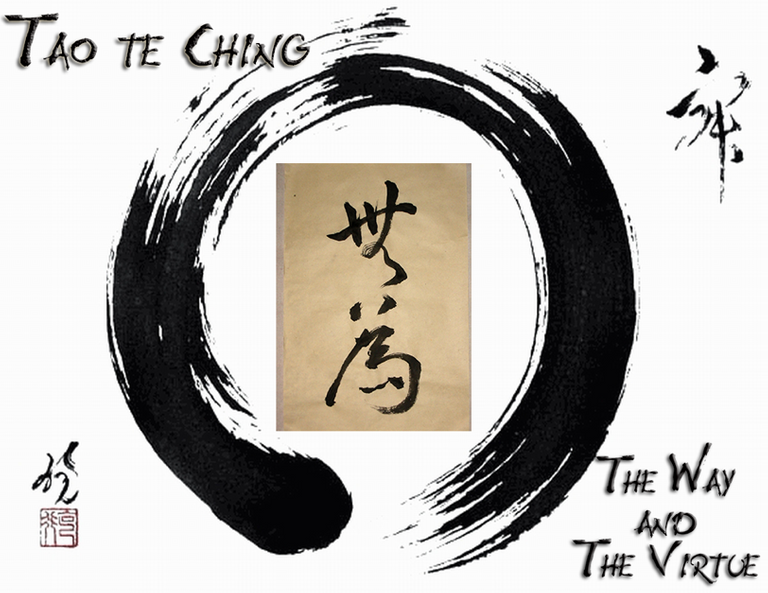
Chapter 2
The whole world recognizes the beautiful as the beautiful, yet this is only the ugly;
the whole world recognizes the good as the good, yet this is only the bad.Thus Something and Nothing produce each other;
The difficult and the easy complement each other;
The long and the short off-set each other;
The high and the low incline towards each other;
Note and sound harmonize with each other;
Before and after follow each other.Therefore the sage keeps to the deed that consists in taking no action and practises the teaching that uses no words.
The myriad creatures rise from it yet it claims no authority;
It gives them life yet claims no possession;
It benefits them yet exacts no gratitude;
It accomplishes its task yet lays claim to no merit.It is because it lays claim to no merit
That its merit never deserts it.
Everybody on earth knowing
that beauty is beautiful
makes ugliness.Everybody knowing
that goodness is good
makes wickedness.For being and nonbeing
arise together;
hard and easy
complete each other;
long and short
shape each other;
high and low
depend on each other;
note and voice
make the music together;
before and after
follow each other.That’s why the wise soul
does without doing,
teaches without talking.The things of this world
exist, they are;
you can’t refuse them.To bear and not to own;
to act and not lay claim;
to do the work and let it go:
for just letting it go
is what makes it stay.
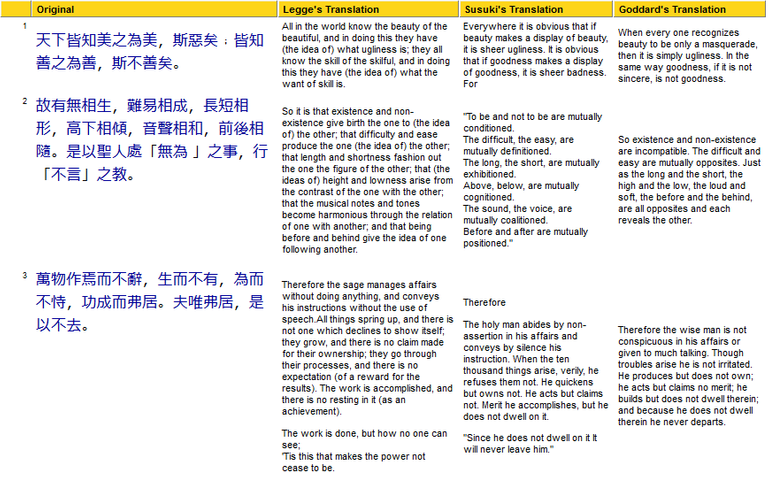
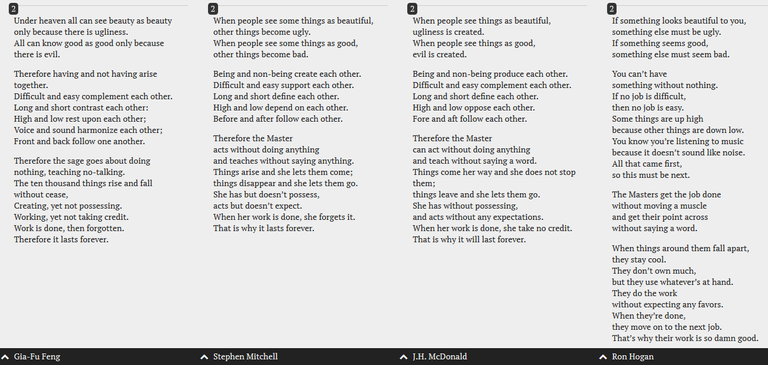
My Thoughts/Reflections/Insights
The first stanza I find quite interesting, as different translations give a totally different sense, to me at least. Some seem to be pointing to the necessity of contrast for humans to be able to label & identify an attribute, while others seem to be pointing to the idea that by identifying something as _____ (beautiful/good), you are in fact creating the opposite of that as well. Here I feel the most alignment with Gia-Fu Feng's translation, though I certainly see how both of these approaches can be true at the same time.
The second stanza seems to lean much more towards that circular cause & effect, contrast creates clarity approach. Because this reality that we find ourselves in seems to be one heavily founded on contrast, on duality, or at least the apparent existence of it. My own metaphysics are quite heavily influenced by the teachings of Abraham-Hicks, and one of the things that they focus on quite a bit is the importance, the absolute necessity, of contrast to give us the opportunity to know what we want more of and what we want less of in our lives.
Can we know cold without knowing warmth? Happiness without sadness? How much of duality is only our human perception, and how much of it is the nature of reality?
The third stanza seems to really be focusing on the importance of being rather than doing, managing our vibrational state vs. worrying about the physical world, doing things for the sake of doing them rather than for the end result. Non-attachment, ego-less action, holding life with a loose grip.
The final line is probably my favorite. No matter the translation, it seems like they all carry the same basic principle: non-attachment is the key to everlasting effect. In this particular case (which has been rare), I really like Hogan's translation:
When they're done, they move on to the next job.
That's why their works is so damn good!
Thoughts/Reflections/Insights from @TheLynx
I'm having a bit of trouble reconciling the first and last sections; the ideas of opposites arising together, rising and falling being bound up together, seems like a separate (though related) concept from the concepts of non clinging and non resisting. That said, here's me attempting to reconcile them :-)
It first strikes me that the translations imply different opinions about whether states of being exist because of the existence of their opposites, independent of the awareness of an outside source ("All can know good as good only because there is evil", Feng & English), or whether the act of something or someone ("everyone" or "the whole world" might be taken as all humans or all conscious beings, depending on the translation) perceiving them gives rise to their interdependence ("Everybody on earth knowing that beauty is beautiful makes ugliness", Le Guin). I don't know that this philosophical question is central to the chapter, or whether it's just a byproduct of the limitations of language, but it's interesting to think about, and I'm curious which interpretation(s) might be closer to the original text.
This chapter seems to say when we observe that states of being and their opposites arise together in conjunction, we can access wisdom about how to act in relationship to the reality of impermanence. Resistance or clinging in any form leads to suffering because in doing so we are not acknowledging the paradoxical truth that things are created, accomplished, and brought into being through simultaneous destruction; rising without falling leads to stagnation, or is simply impossible (hello capitalism). I appreciate Goddard's translation that "Though troubles arise he is not irritated", since I understand irritation to be a form of self-imposed suffering, in the sense that it is a resistance to reality, a way of refusing that which is ("The things of this world exist, they are; you can’t refuse them", Le Guin).
Two terms which come to mind when reading this chapter are "flow" and "wu wei", the Taoist concept of doing without doing, acting without striving or effort. I think these terms arise together for me because of my experiences with flow in my own life, and the juxtaposition (ever reinforced as I gain more life experience) between what it feels like to try to force things (success, relationships, achievements, states of mind, emotions) versus what it feels like to find my flow, to make choices and decisions from a place of ease and inspiration (rather than fear), with faith and without attachment to outcome. I've gone through many cycles in which I build up little empires of striving in my love life, my jobs, my friendships, the ways in which I show up in the world in general. Inevitably they fall apart, and I find myself jobless, aimless, in solitude, or otherwise without some piece of my identity that I imagined was important in some way. Following my desires and intuition, rather than the voices in my head that tell me what I "should" do, I have many times found myself out of necessity rebuilding a life that isn't forced, that unfolds naturally, and which is based in non-striving. Invariably, I eventually start to mistake the object for the path, begin to cling or to resist, and thus set myself up for another leveling.
The last few lines of the chapter bring to mind the mandalas created out of sand, flowers, or other natural materials in the Tibetan Buddhist tradition, works of art which after being completed are destroyed to symbolize the nature of the impermanence of all things.
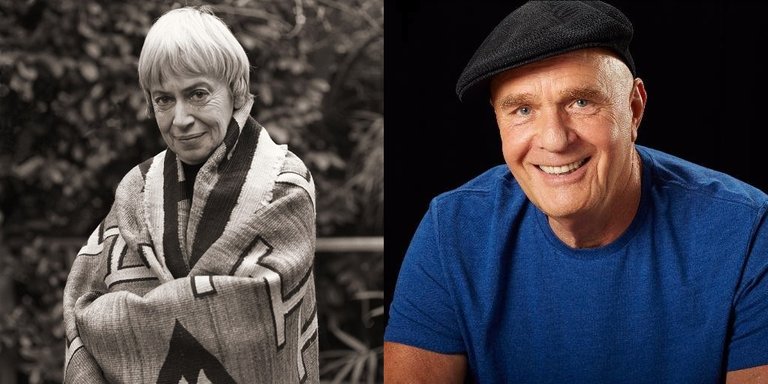
Thoughts/Reflections/Insights from Ursula K. Le Guin
After @TheLynx & I each sit with the chapter of the week and write our own reflections & insights, I'm going to include here the comments that Ursula added to her translation of the Tao. If you aren't familiar with Le Guin, I highly recommend reading any & all of her content that you can find :-) She's a wise, inspirational, curious, and delightful author of science fiction, fantasy, poetry, and much more!
One of the things I read in this chapter is that values and beliefs are not only culturally constructed but also part of the interplay of yin and yang, the great reversals that maintain the living balance of the world. To believe that our beliefs are permanent truths which encompass reality is a sad arrogance. To let go of that belief is to find safety.
Affirmation by Dr. Wayne Dyer
The final piece of our piece on each chapter of the Tao is an affirmation, written by Dr. Wayne Dyer, and featured in his book: Living the Wisdom of the Tao. Dyer is one of the foremost names in self-development, having published well over 30 books, as well as guided meditations, and many more useful tools for transformation.
When my work
is done,
it is forgotten.
That is why
it lasts forever.

Join the conversation!
Here's the part where we hear from you! If you have anything that you want to add to the conversation, please hop down to the comments section. By reflecting & synthesizing together, we can all help advance & expand human consciousness, and that is a pretty amazing thing! As mentioned at the beginning of this post, neither of us are experts, simply a couple of humans diving into this particular rabbit hole and hoping you'll dive in with us :-)
Image Sources
YellowBridge Translations
TTC Translations
Le Guin
Dyer
Conversation

If you enjoyed this, you may enjoy some of these highlights of my blog:
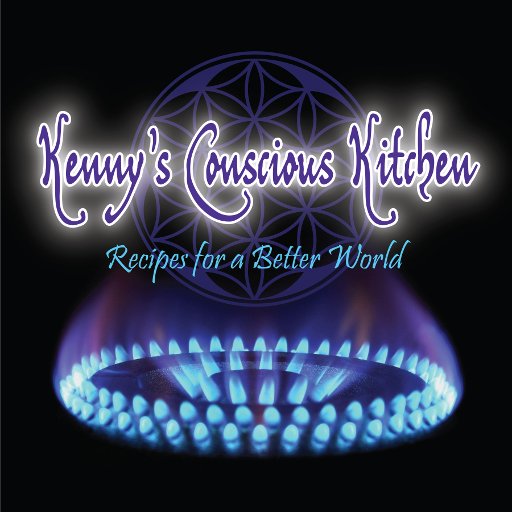


I love this verse!!
Whilst the first verse is always the one that gets quoted when trying to explain what the Dao is (well, usually only those opening lines), I think this verse explains the paradigm better. And I reckon you're soon on the money @TheLynx with that tension of understanding the paradox: striving and non-striving emerging from each other and yet being different to each other too!
What amazed me when I first read this was how it encapsulates Structuralist theory (from semiotics and linguistics, and also anthropology) over 2000 years beforehand!! What's even more amazing is how the work being done in neuroscience is showing that there is indeed something that happens in our neurological systems that shows that our perception of the world is in a sense dualistic and relativistic, in that we always 'know' something as it relates to something else.
I found the last two lines really hard to translate, and it's helpful to have so many translations around as comparison... but other than the grammatical issues, I think my mind gets to the point of struggling to grasp these ideas.
My interpretation here is that it is both (of course). 天下 tiānxià is literally "below Heaven", or the whole world. This is a pretty specific phrase, in that humans (and, interestingly plants and animals) are "below Heaven". Heaven is to put it simply a realm of pure consciousness and potentialities. It is only because there is Earth (material existence, manifestation) that differentiations can come into being. A good metaphor would be that Heaven is like an ocean, but Earth is like a collection of individual molecules of water.
The point of this verse and verse 1 (as well as many other verses) is that we cannot have one without the other, and also we can't know one without the other.
If we create distinctions, we are then presupposing Earth (yin) to be the answer; if we create absolutely no distinctions ("all is one") then we presuppose Heaven (yang). This is what the perpetual Dao is.... it is both of these. So we get that awesome line "tangible and intangible create one another" (or "existence and non-existence", - literally "to have" and "not".... to be and to not be).
In a sense, because we are material beings, dependent on physiological sense organs with which to experience reality, our perception can only limit our understanding of this. I've always wondered if these kinds of statements weren't used by the students of this school to create 'pattern interrupts', similar to later zen koans.
Looking forward to the next one, as always.... 😊🙏🏽☯️
Thanks for another great, in-depth response. Before actually responding to anything you said, I'd like to extend an offer to participate in the main post if you're interested. Or keep doing comments, that's great too :-)
Your point about our sensory organs being limiting by their very nature is something that I resonate with quite a bit, and have focused on in MANY conversations about reality, truth, and anything else that we "know". Many friends have asked that double-sided question of "Is there absolute truth, and can humans know it?"... to which I generally say something like "probably... and absolutely not".
The "yes, and" is so key! One of the places I see this debate which really annoys me is the idea that sovereignty/individuality doesn't leave space for communalism/collectivism. In the very first article I ever published online (The 6 Facets of the Paradigm Shift), the first two facets were sovereignty & unity, because thay false dichotomy causes so much suffering & violence.
There was a time that these things surprised/amazed me; at this point I've come to the belief/understanding that everything society is discovering now is so very old and was simply lost/obscured by empire/religion/violence.
Haha.... Thanks for the offer, I'll participate in the comments section. Maybe just shoot me a DM in discord when you post with a link, it took me 5 days to find this one.
All those points you raise are precisely why I'm fascinated with Dynastic China. They have remained consistently autocratic for thousands of years (I'd say their version of Communism is a modern extension to their version of Imperialism), and yet Daoism envisions something different. I think its probably because the notion of sovereignty can logically be extended to every single individual, and some thinkers recognised this early on.
Imagine a world that is a collective of sovereign individuals... it's a tricky balance, but I think we have plenty of road maps and guides to be able to achieve it now, with 5000 years worth of human wisdom to draw on.
Sounds good :-) What's your discord S/N? I tried searching for "metametheus" but nothing came up.
That's a really great point about China's history as compared to this ancient philosophy that has been present and influential in the culture for so long.
I would say that the world already is a collective of sovereign individuals, although so many of those individuals have been tricked into acting as though they aren't sovereign.
it strikes me that the Tao is similar to Kant's noumena/phenomenon idea. We can't know the thing in itself...but we are privy to phenomenon which is inherently dualistic although a representation probably brought about by the structure of the brain.
It's so wild that you mention that; just yesterday @TheLynx and I were at a book store and I happened to be skimming some Kant, and flipped right to the section on noumena/phenomena.
The funny thing is, we really don't know anything outside of our brain & it's filters/imaginings. I've had conversations and spent a good deal of time with many folks who, as far as I can tell, are experiencing completely different realities from the one I'm experiencing.
All true from the perch I sit on. We're like leaves fallen from a tree and carried by the wind. There is not much use trying to fight the flow.
The thing is though that now there are nasty machines loud and noisy that blow us every which way; machines that cut our trees down too soon; machines that shoot holes in us as we fall to the ground.
My focus isn't so much about who's right and who's wrong when it comes to metaphysics; my focus is arguing for the continuing overarching structure of secularism as it gives the most amount of freedom to the most amount of people in their quest for what's really real about reality. In that sense, I'm a secular spiritualist.
I would say that Daoism is a fine example of secular spirituality. Although a religious form did develop later.
It is nice to see new and meaningful content flowing after the "hard fork"!
My first piece of post-apocalyptic content :-P
If I had thought about it, I would have scheduled the thing to post a couple hours before the HF, but oh well.
Congratulations! This post has been upvoted from the communal account, @minnowsupport, by kennyskitchen from the Minnow Support Project. It's a witness project run by aggroed, ausbitbank, teamsteem, someguy123, neoxian, followbtcnews, and netuoso. The goal is to help Steemit grow by supporting Minnows. Please find us at the Peace, Abundance, and Liberty Network (PALnet) Discord Channel. It's a completely public and open space to all members of the Steemit community who voluntarily choose to be there.
If you would like to delegate to the Minnow Support Project you can do so by clicking on the following links: 50SP, 100SP, 250SP, 500SP, 1000SP, 5000SP.
Be sure to leave at least 50SP undelegated on your account.